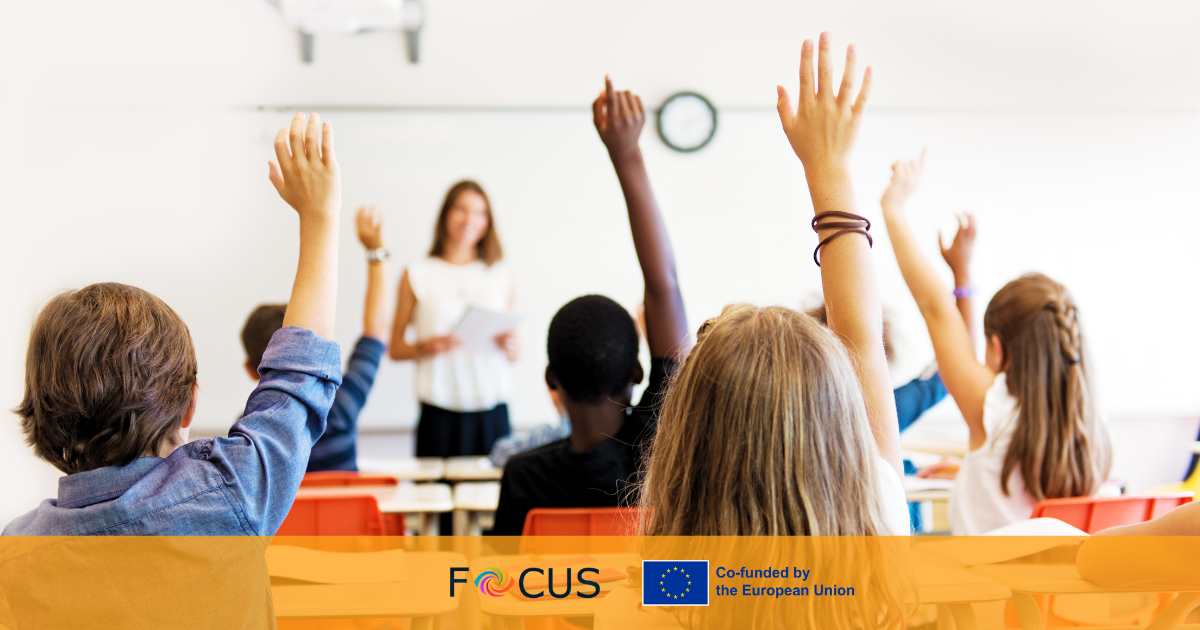The importance of play in foreign language learning
Many children with learning difficulties find foreign language teaching a particularly tiring process. Difficulties with reading, spelling, or concentration often make language lessons stressful rather than enjoyable. However, when lessons are converted from exercises to playful activities, something important can happen: students participate more, fear of mistakes disappears, and progress becomes natural.
Moyles (2005) states that play offers the best learning experience and remains a priority in early childhood education. By engaging in play, children enhance their social and cognitive abilities, grow emotionally, and build the confidence required to explore new activities and understand fresh ideas.
Vygotsky saw play as an essential factor in children’s development. Vygotsky (1978) emphasized that play provides a context in which children can develop their skills through social interaction and cooperation. Play allows children, by taking on different roles, to explore and understand social norms, while at the same time developing their language and thinking skills.
He also argued that play leads children into what he called the “zone of proximal development.” According to Wilmshurst (2011), this is the level at which the child can almost, but not quite, perform the task independently, but can accomplish it with the help of someone more capable. When given the right guidance within the zone of proximal development, the child can understand and solve more problems.
Play turns the classroom into a safe environment where children experiment with language, communicate without pressure, and slowly build their confidence. Instead of seeing English as a subject in which they might fail, they experience it as a series of games, stories, and activities in which everyone can participate.
Practical, Play-Based Strategies for Learning English
In many classrooms, play doesn’t always get the attention it deserves. Yet, it can be one of the most effective ways for children to pick up a new language. When activities feel playful rather than like strict lessons, students tend to relax—they take chances, worry less about mistakes, and keep trying.
Here are a few practical ideas that show how English can be learned naturally through play.
- Vocabulary Games
Playing with words can help children remember new vocabulary more effectively, as it combines repetition with entertainment. Such games are Word Bingo, in which children listen to words and match them on their boards, keeping their attention and interest. In Memory Matching children can also have words matched with pictures, allowing their meaning to be memorized naturally.
- Role-Play and Drama
Children can use English by pretending to be in everyday situations. Such situations are ordering food at a restaurant, acting out short skits and shopping for clothes or groceries.
- Activity and Movement
Many children find it helpful to get up and move around as well. This keeps them focused and energetic. These activities could involve organizing treasure hunts in the classroom using flashcards or hidden objects or they could involve action songs or dances that incorporate rhythm, movement, and English words.
- Games Created by Students
Students could invent their own games. They can use story cards or dice to create and tell original stories together or they can make a board game with instructions in English.
The Benefits of Play in Learning English
There are many advantages to incorporating games into language lessons. Firstly, learning becomes inclusive, as activities are adapted to students’ different abilities and learning styles. It also reduces stress, as mistakes become part of the game rather than a source of shame. Children look forward to every lesson and become motivated to learn when they see it as a game. Finally, learning through play promotes cooperation, teamwork, and communication.
Using games in English language teaching can be an effective way to support students who are experiencing difficulties. Therefore, teaching English becomes an opportunity to boost self-confidence, exchange experiences, and discover the joy of language.
References:
Moyles, J. (2005). The excellence of play. Open University Press.
Vygotsky, L. S. (1978). Mind in society: The development of higher psychological processes. Harvard University Press
Wilmshurst, L. (2011). Εξελικτική ψυχοπαθολογία: Μία αναπτυξιακή προσέγγιση. Gutenberg.
Anna Iliadi, Psychologist, Ethos-Hub

